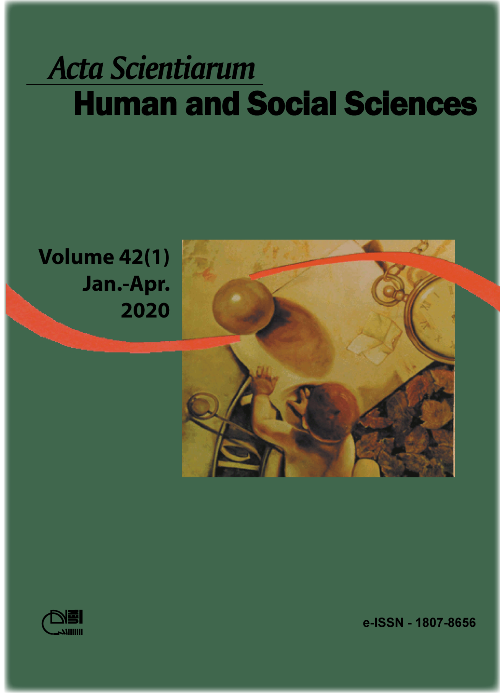The institutionalization of discrimination of the female gender from the perspective of Thorstein Veblen
Abstract
This essay brings to the fore a new epistemological and theoretical perspective for gender studies by proposing a historical circular causal analysis of the institutionalization of female gender discrimination in the Brazilian labor market. For Veblen, institutions are formed by a set of instincts, habits and behaviors reflected in practices accepted and incorporated by a group or society. With this, the cycle of development of institutions that ranges from the innate instincts to the human beings to its legitimation and institution of behavioral norms, with a view to the discrimination of the feminine gender in the labor market, was presented as a theoretical model. Knowing that society still treats men and women unequally at work, the proposition of a cycle aimed at understanding what these behaviors are and how they perpetuate themselves in society may become relevant to gender studies. Therefore, discrimination of the female gender can be understood as a cumulative historical process of transforming habits into institutions.
Downloads
DECLARATION OF ORIGINALITY AND COPYRIGHTS
I Declare that current article is original and has not been submitted for publication, in part or in whole, to any other national or international journal.
The copyrights belong exclusively to the authors. Published content is licensed under Creative Commons Attribution 4.0 (CC BY 4.0) guidelines, which allows sharing (copy and distribution of the material in any medium or format) and adaptation (remix, transform, and build upon the material) for any purpose, even commercially, under the terms of attribution.
Read this link for further information on how to use CC BY 4.0 properly.
























